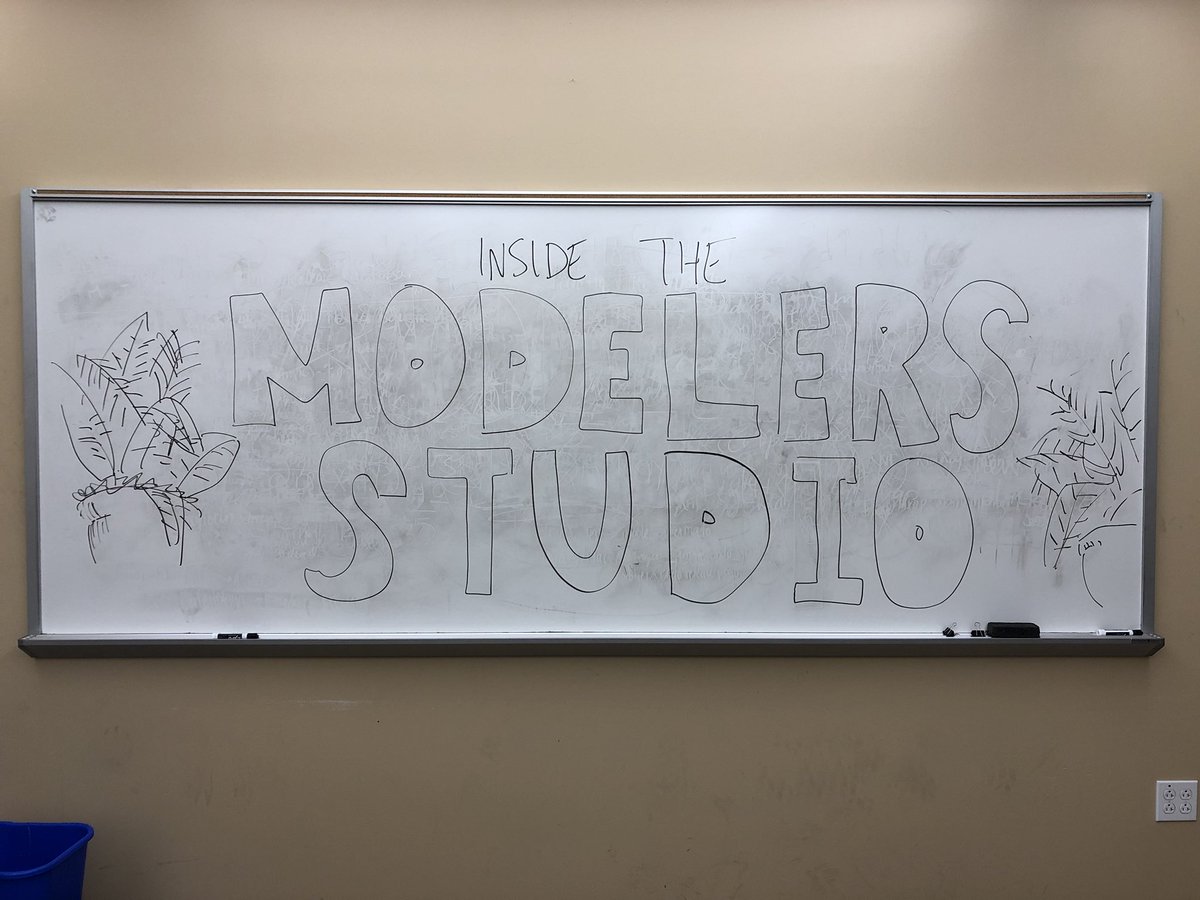
Professor @UTGovernment // Editor @cmpseditors // Co-Director @correlatesofwar // IR, war, game theory, Dune, beer snobbery, rock music // he, him, his
How to get URL link on X (Twitter) App


 We show that oil wealth itself is unrelated to coup attempts, but proved yet unexploited oil reserves create a commitment problem (2/x)
We show that oil wealth itself is unrelated to coup attempts, but proved yet unexploited oil reserves create a commitment problem (2/x)

 I've started following my #WWIinrealtime model, where students read the history and then learn the political science--the act of theory building---in class (2/x)
I've started following my #WWIinrealtime model, where students read the history and then learn the political science--the act of theory building---in class (2/x)

 Asks what happens when states want to signal resolve to an enemy and restraint to a potential supporter/balancer, and shows that achieving one may preclude the other. (2/x)
Asks what happens when states want to signal resolve to an enemy and restraint to a potential supporter/balancer, and shows that achieving one may preclude the other. (2/x)

 This one came directly from teaching #WWIinrealtime: after years of talking about military victory, why did the Allies grant Germany an armistice they knew would be fragile in 1918?
This one came directly from teaching #WWIinrealtime: after years of talking about military victory, why did the Allies grant Germany an armistice they knew would be fragile in 1918?
 There's a second result I like a lot: this type of agreement is easiest to ratify when mistrust is both mutual and severe. Otherwise, no dice.
There's a second result I like a lot: this type of agreement is easiest to ratify when mistrust is both mutual and severe. Otherwise, no dice.

 My dissertation and a few subsequent publications touch on this, so get ready for some timely self-promotion. (2/x)
My dissertation and a few subsequent publications touch on this, so get ready for some timely self-promotion. (2/x)

 @gametheory101 @UTTerryChapman @UTGovernment "We're taught to value simple models, but it seems we rarely practice that as reviewers."
@gametheory101 @UTTerryChapman @UTGovernment "We're taught to value simple models, but it seems we rarely practice that as reviewers."

 @prisonrodeo Now, for the details: that's the predicted risk of war between members of war-winning coalitions showing a positive relationship with the risk that those same coalitions end up in war with their former enemies. (2/x)
@prisonrodeo Now, for the details: that's the predicted risk of war between members of war-winning coalitions showing a positive relationship with the risk that those same coalitions end up in war with their former enemies. (2/x)
https://twitter.com/npr/status/954369622832222208And that’s not to say we shouldn’t have spent time on civil and substate violence. Not at all. But we might’ve under-rewarded a continued focus on the occurrence and threat of interstate conflict.